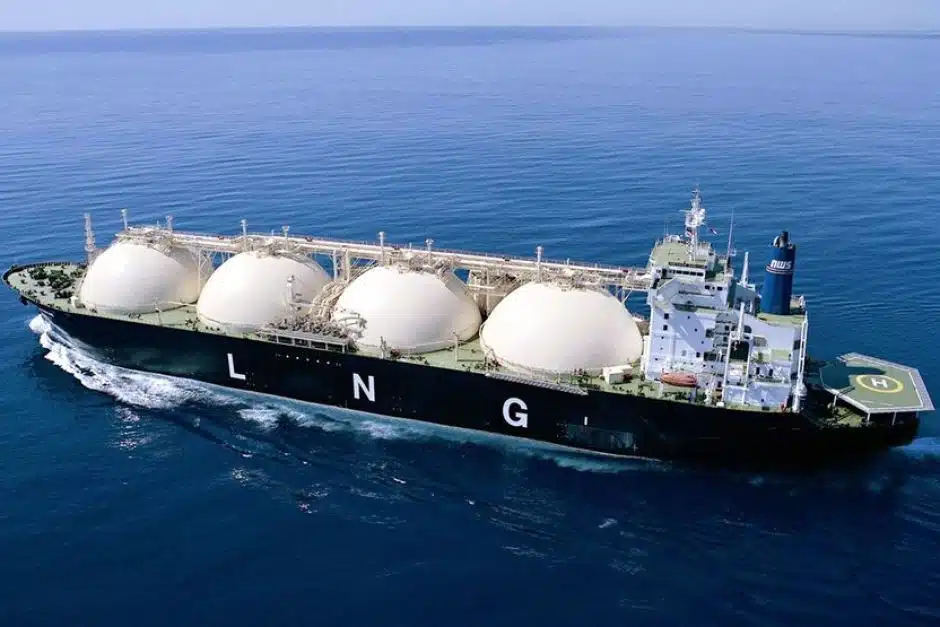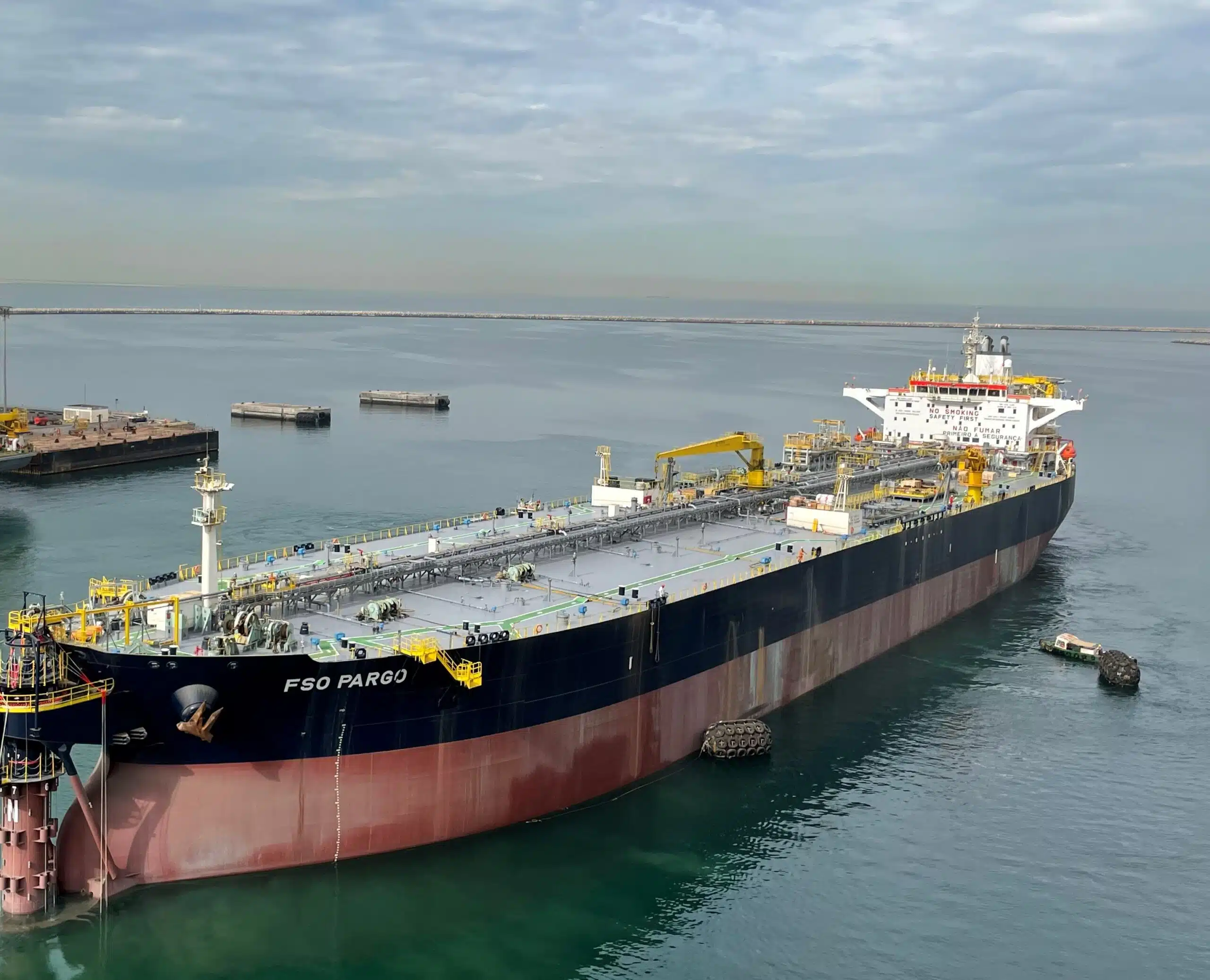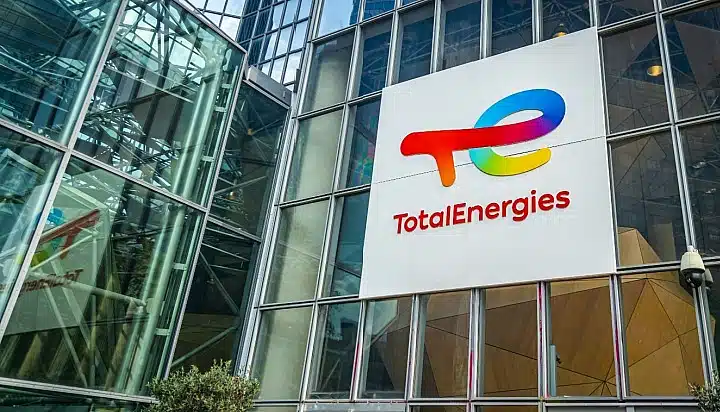South Sudan has fully resumed oil exports through Sudan, nearly a year after the main pipeline transporting crude was damaged during Sudan’s ongoing internal conflict.
A senior official from South Sudan’s Ministry of Petroleum confirmed the development, calling it a significant milestone for the country’s oil-dependent economy.
Oil exports were halted in March 2024 after a critical pipeline rupture occurred in White Nile State, a frontline zone under the control of Sudan’s Rapid Support Forces (RSF).
A letter dated March 16, 2025, from Sudan’s acting Minister of Energy and Petroleum, Mohyeldin Naeem, attributed the rupture to a “gelling incident” — a blockage caused by the thickening of crude inside the pipeline.
The disruption forced pump stations operated by the Bashair Pipeline Company (BAPCO) to shut down due to fuel shortages and nearby military activity between Sudan’s army and RSF.
The pipeline, managed by BAPCO and owned by Sudanese interests but incorporated in the UAE, transports South Sudanese crude oil to the Port of Sudan on the Red Sea.
Following Sudan’s decision to lift the force majeure on January 7, 2025, South Sudan resumed oil production in February at an initial rate of 90,000 barrels per day.
Officials have now confirmed that export has been restored.
“This is good news because we in South Sudan have faced economic hardship since the loss of crude oil flow last year,” said Mohamed Lino, a technical adviser at the Ministry of Petroleum.
“With dedication, we were able to bring this back. We hope our efforts will contribute to improving the industry.”
Lino also lauded BAPCO for successfully restoring the pipeline and enabling the safe delivery of crude oil to Sudan’s marine terminal.
“I take this opportunity to congratulate BAPCO for the significant achievement… having the crude oil from South Sudan reach the marine terminal safely and be ready… for export,” he added.
The oil export resumption is expected to provide a major boost to South Sudan’s economy, which relies on oil for nearly 98% of its revenue.
According to the Ministry of Petroleum, the country currently produces around 150,000 barrels of crude oil per day.
The Dar Petroleum Operating Company (DPOC), a consortium of international oil firms, has been instructed to resume production in Blocks 3 and 7 in Upper Nile State to help sustain output.
Both Sudan and South Sudan have pledged to safeguard oil infrastructure and maintain cooperation to ensure uninterrupted oil exports.
However, officials acknowledge that ongoing instability in Sudan continues to pose risks to this vital export route.
Since its independence in 2011, South Sudan has remained reliant on Sudan’s infrastructure to export oil, making it vulnerable to regional conflicts.
Nonetheless, economic projections are optimistic. For instance Afreximbank forecasts that South Sudan’s GDP could grow by an impressive 17% in 2025, driven largely by recovering oil exports.








